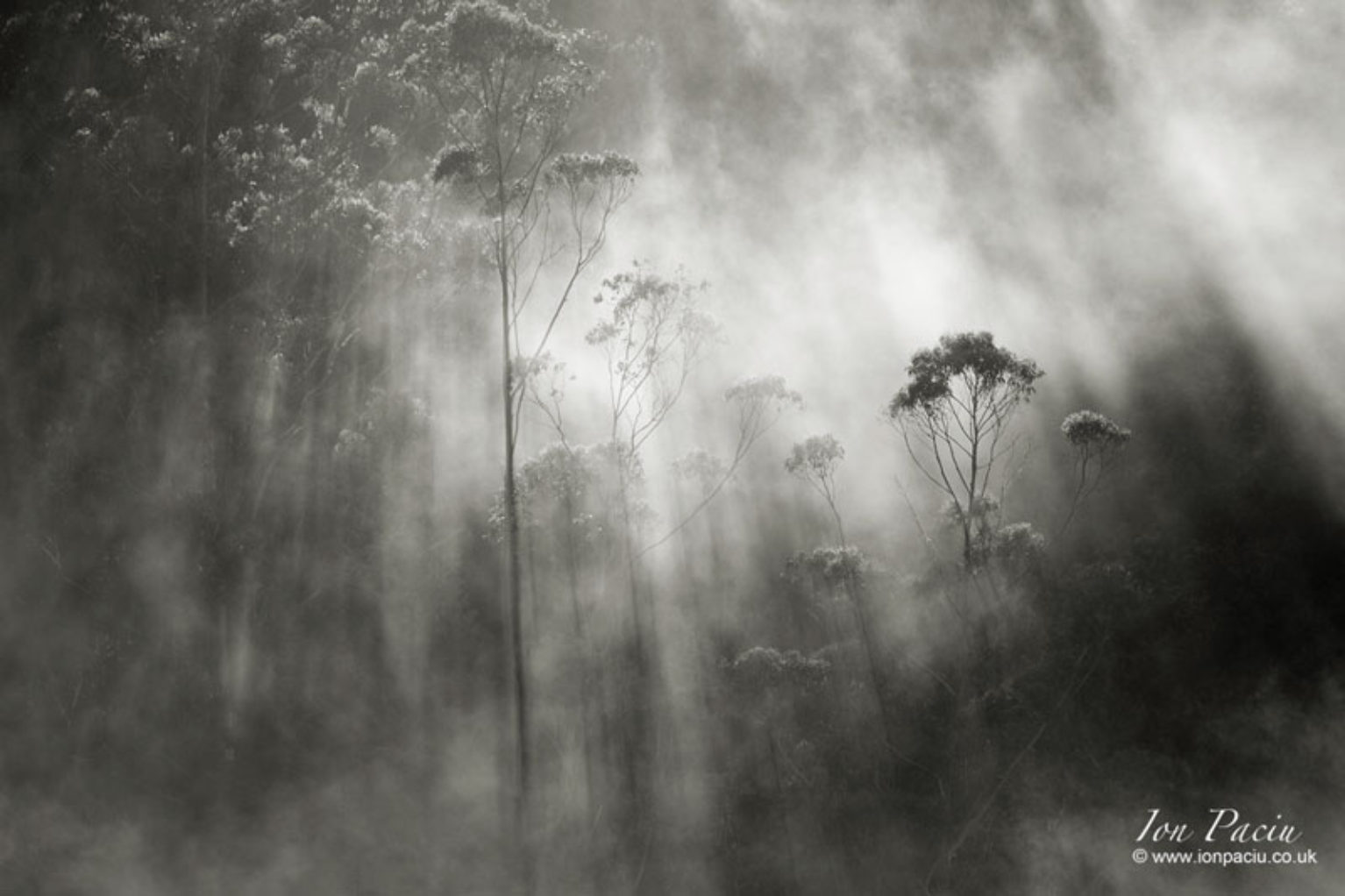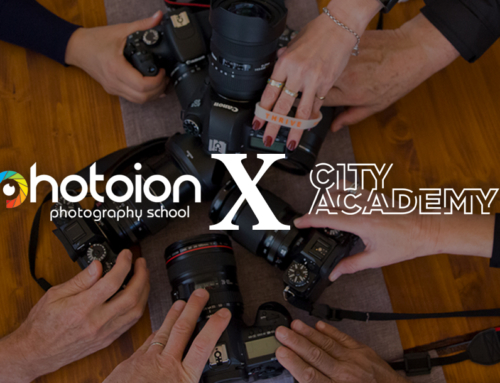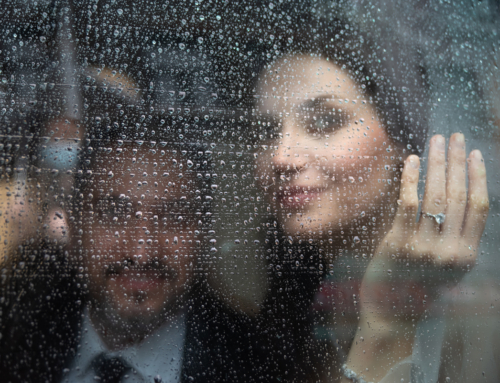Are there any standards on how can quality in photography be objectively measured (and art generally not only photography)? I would love to have your comments on this topic. Write your comments down in the comments areas please.
The beauty is in the eye of the beholder. Is it?
Discipline, design, execution, good command of the technical elements, are these some sort of standards in achieving good and aesthetically pleasant photographs?
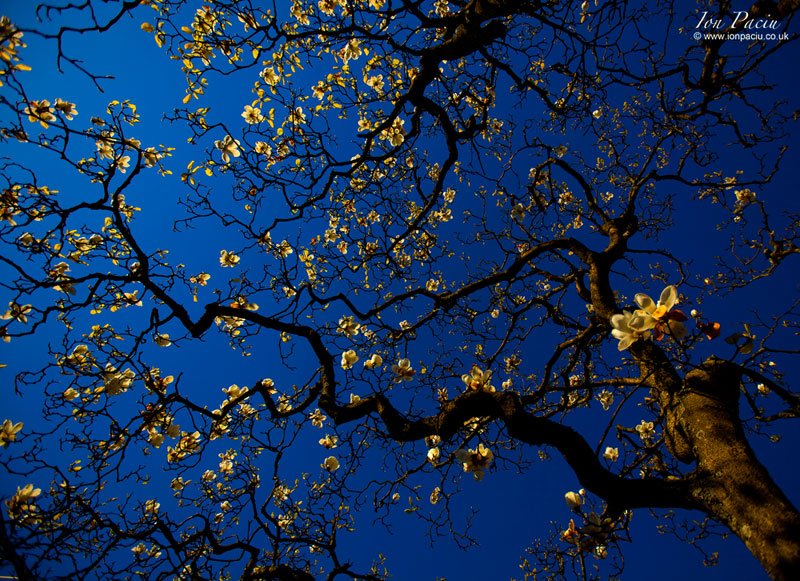
Golden tree against blue sky in Porto, Portugal.
Is it there an idea of universal standard of quality in photography? Are there any aesthetic standards to determine “quality” or “inferiority”?
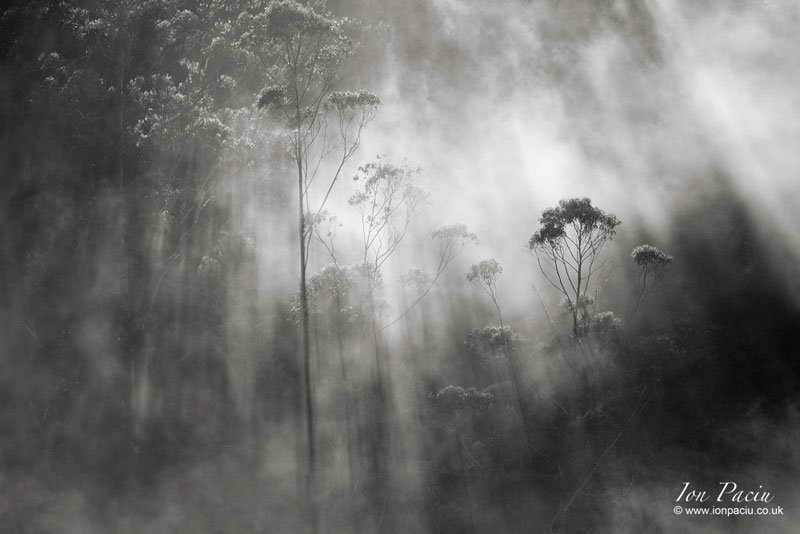
Foggy misty landscape in Madeira, Portugal.
And if it is, who will determine “quality”? And by what standards?
Art is used to make a statement, we all intend to use art to make a statement or transmit a message, to portray, to describe, right? What is your view on this?
And how do we make a statement? Trough what elements? What are the ingredients of a good photograph?
I would love to hear your thoughts, please write your comments below in the “comments” area.
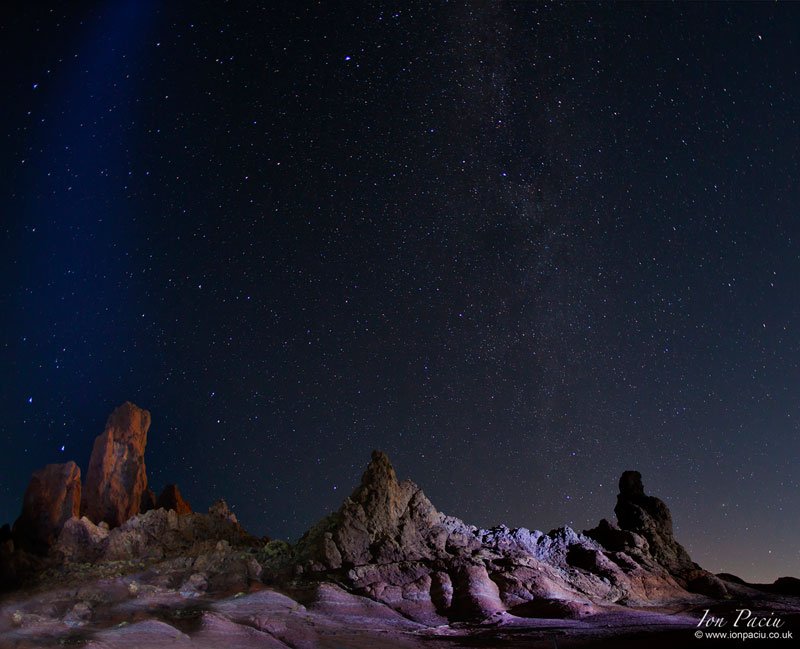
Starry Night, El Teide, Tenerife, Canary Islands, Spain.
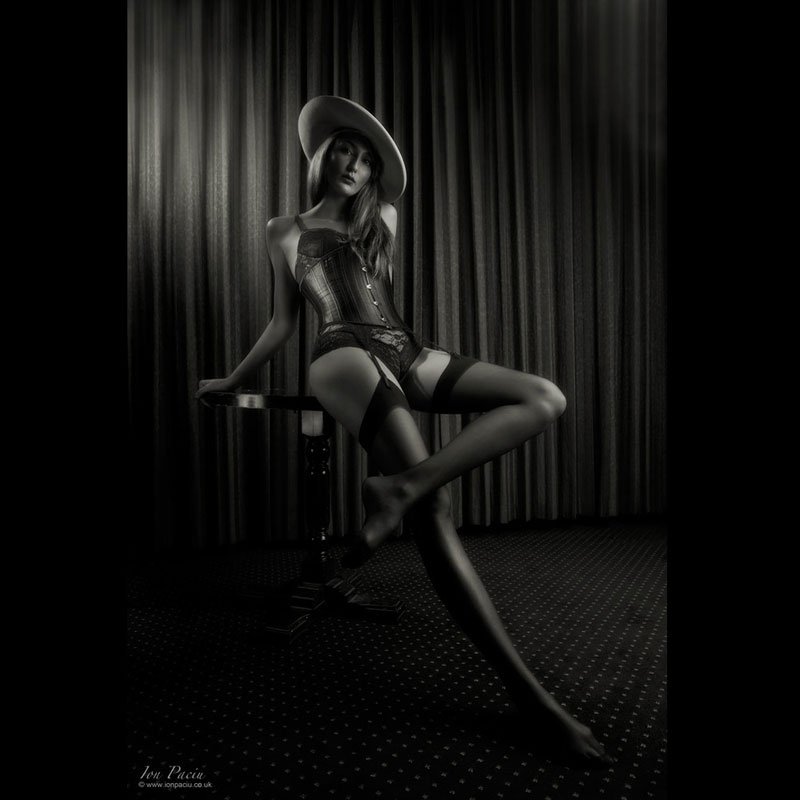
Glamour / boudoir noir photography, London Studios.

